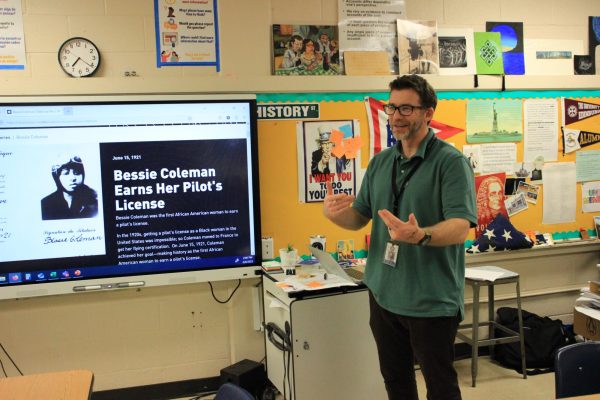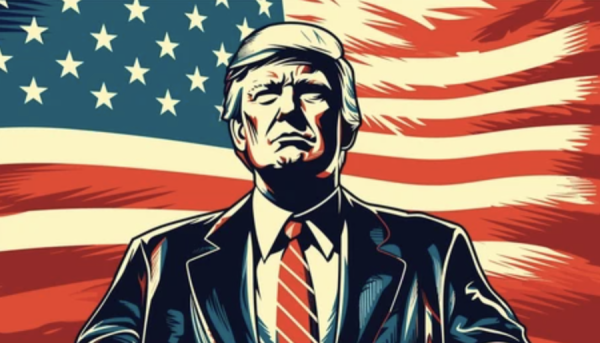Affirmative action’s role in admissions debated

While some believe affirmative action is necessary for diversity, others believe it threatens students’ ability to get accepted into a school. Protesters demanded the right for education in belief that affirmative action may hinder this right.
Four more applications. Two more supplemental essays. One more teacher recommendation. High school seniors in their first semester are overcome with near constant stress and anxiety as they begin writing and submitting applications to colleges of their choice. For those applying to more highly selective schools, another worry of theirs could be affirmative action.
Affirmative action is a program determined to increase diversity in college and work environments. For colleges to obtain the lofty goal of obtaining a diverse student body, they may favor an individual of one particular group as opposed to another individual of the same group. These groups include racial and ethnic groups, sports teams, gender identities, and many other determining characteristics of an individual.
“I think it is good that colleges and businesses do what they can to increase diversity in admissions, hiring promotions,” Curt Rakestraw, AP Comparative Government, AP US Government, and Honors Economics teacher said.
However, many argue that affirmative action is a discriminatory program that prevents some people from getting into top schools based on their race or ethnicity. Recently, there have been many similar cases of Asian American students claiming to have been deferred from schools based on their ethnicity. Some believe that they are being discredited for years of hard work and skill dedicated to academics and extracurriculars.
“There was a study done and basically if an Asian has the same extracurriculars like violin or tennis, it’s seen as boring compared to a Hispanic student or a Black student [who] has the same extracurriculars,” Peter Shi (11) said.
As these claims are made, there are little to no ways to irrefutably prove that students are getting rejected from choice schools based on affirmative action decisions. Recent court cases — Students for Fair Admissions Vs. Harvard and University of North Carolina — involve a group of students who declare that Harvard and University of North Carolina are rejecting students based solely on race factors.
“… Harvard’s Asian student population … for the last few years has roughly stayed around 20 percent,” Rakestraw said. “The percentage of Asian students that apply to Harvard has increased steadily… it could logically flow that if a greater percentage of students applying was Asian, then maybe a greater percentage of students being admitted was Asian, but we don’t know what it is that Harvard is looking for. They’re trying to find all kind of diversity, not just racial diversity and things like that.”
The decision relating to these court cases will be announced in June 2023, and many expect that affirmative action will be completely stripped from college and university admissions offices. It is believed that this change could cause a ripple effect on diversity in student bodies in the years following, and institutions would have to create new innovative solutions to enforce and increase diversity.
“I don’t know if completely ripping it away in one year is the safest thing to do, because if you do that then minority groups, like specifically hispanics and blacks, their admissions into these top colleges dramatically decrease but that’s also because some of them [have not been given equal resources and access to education],” Shi said.
Affirmative action may be seen as controversial by some, but it has effectively done its job in the past by increasing diversity in colleges and careers. Affirmative action is not just focused on racial diversity; it brings in a wide field of students and employees, ranging from athletes to scholars to the artistically talented. The National Football League is one prominent association that has incorporated affirmative actions into their hiring policies to give expansive opportunities to minority groups.
“The NFL has a rule that when you hire a coach, you must interview a candidate of color,” Rakestraw said. “And that over the years has led to people who had not previously gotten opportunities for those promotions getting opportunities. I think that’s great. I think any time the government takes steps to try to correct previous discrimination, I think that’s great.”
Your donation will support the student journalists of White Station High School. Your contribution will allow us to purchase equipment and cover our annual website hosting costs.







































